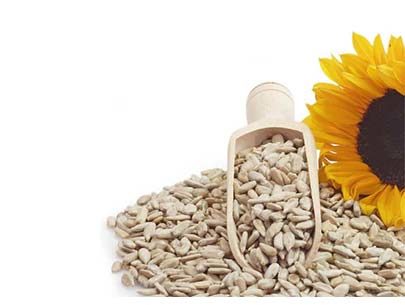Subtotal: ₹128.57 (ex. GST)
Seedless Black Raisins – 1kg | Dried Kishmish Without Seeds, Dry Grapes | Kali Kismis Dry Fruits | Kali Darakh (Black Kishmish)
Original price was: ₹619.05.₹485.71Current price is: ₹485.71.
Black raisins, also known simply as “black kishmish,” are dried grapes from varieties that typically have darker skin. Here are some specific characteristics and uses of black raisins:
Appearance and Flavor: Black raisins are small, wrinkled, and dark in color, ranging from deep purple to almost black. They have a rich, sweet flavor that is slightly tangy due to their concentrated sugars.
Nutritional Benefits: Like all raisins, black raisins are nutritionally dense. They are high in natural sugars, primarily glucose and fructose, which provide quick energy. They also contain fiber, which aids in digestion, and are a good source of certain vitamins and minerals, including iron and potassium.
Culinary Uses: Black raisins are versatile and used in both sweet and savory dishes in various cuisines around the world. In Indian cuisine, they are commonly added to desserts such as rice puddings (kheer), sweetened rice dishes (pulao), and traditional sweets like ladoos and halwa. They can also be incorporated into savory dishes like biryanis and curries to add a hint of sweetness and texture.
Health Benefits: Due to their iron content, black raisins can help prevent iron deficiency anemia, particularly important for individuals with vegetarian or vegan diets who may have lower iron intake. The fiber content supports digestive health by promoting regular bowel movements and aiding in overall gut health.
Snacking and Storage: Black raisins are enjoyed as a convenient and nutritious snack on their own. They can also be added to trail mixes, granola bars, and baked goods such as cookies and breads. Properly stored in a cool, dry place, black raisins have a long shelf life and can be kept for extended periods without losing their flavor or nutritional value.
Cultural Significance: Raisins, including black raisins, hold cultural significance in various traditions and religious practices. They are often used as offerings during prayers and festivals, and are a common ingredient in traditional sweets prepared for celebrations like Diwali and weddings
In stock







